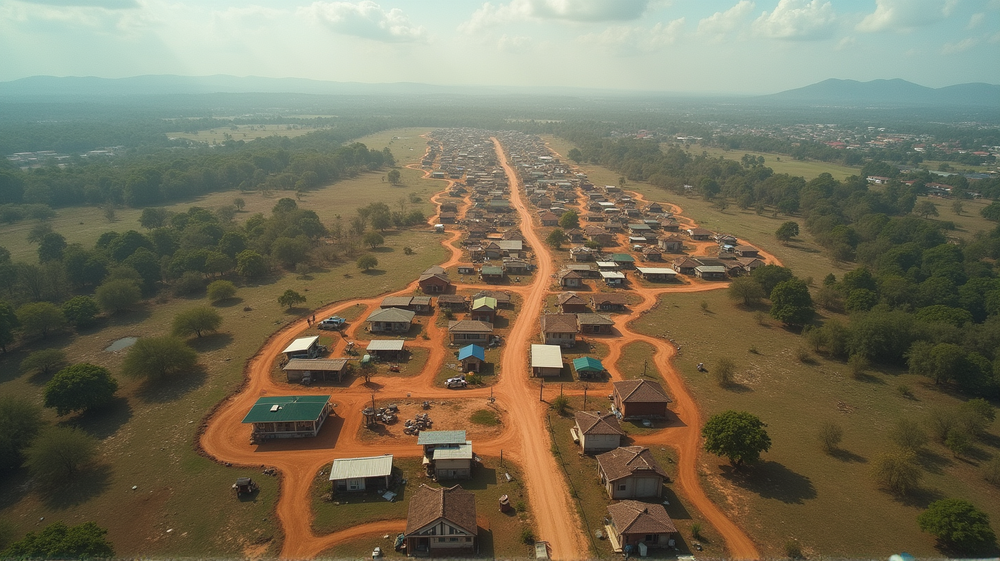The tension over Israeli settlement plans has reached new heights with Finance Minister Bezalel Smotrich’s declaration to build over 3,000 houses in the contentious E1 zone. His bold announcement has ignited fervent discussions globally, with significant implications for the longstanding Israeli-Palestinian conflict.
Israel’s Bold Move in the West Bank
Israel’s decision to authorize new settlements in the E1 area has long been a flashpoint in the global arena. Occupying a strategic position between Jerusalem and the Maale Adumim settlement, the E1 project’s revival heralds a major shift in Israel’s settlement strategy, evoking strong reactions from the international community.
A Threat to Palestinian Statehood?
Minister Smotrich asserts that these plans are an embodiment of Zionism, yet they pose significant obstacles to the concept of a Palestinian state. By potentially isolating the West Bank from occupied East Jerusalem, the new settlements could render the establishment of a contiguous Palestinian urban area unfeasible.
Global Reaction: Sharp Divides Emerge
The announcement was met with immediate criticism from influential global entities. The European Union and the United Nations have urged Israel to halt the expansion, citing international law violations. UK Foreign Minister David Lammy has strongly opposed the move, emphasizing its potential to disrupt peace in the region.
Israeli NGOs and Humanitarian Voices
Israeli NGOs like Peace Now condemn the settlement plans as detrimental to the two-state solution, a sentiment echoed by many humanitarian groups. They argue that such expansions exacerbate regional tensions and hinder conflict resolution prospects.
A Contested Legitimacy
While the Israeli government frames the settlement expansion as a fulfillment of divine promise and security strategy, critics highlight the risks of increased violence and the undermining of Palestinian statehood aspirations. According to the International Court of Justice, these settlements violate international legal frameworks, a stance supported by most of the global community.
The Broader Geopolitical Landscape
The settlement announcement comes at a time of increased tension and strategic maneuvers in the Middle East. As the international community navigates these complex developments, the potential for further diplomatic rifts looms large, raising questions about the future of this enduring conflict.
As stated in BBC, these movements in Israeli policy continue to shape the fragile political landscape in the region, highlighting the enduring complexity of Israeli-Palestinian relations. The fallout from this announcement will undoubtedly be felt across diplomatic channels worldwide as the battle for territorial and political sovereignty persists.












